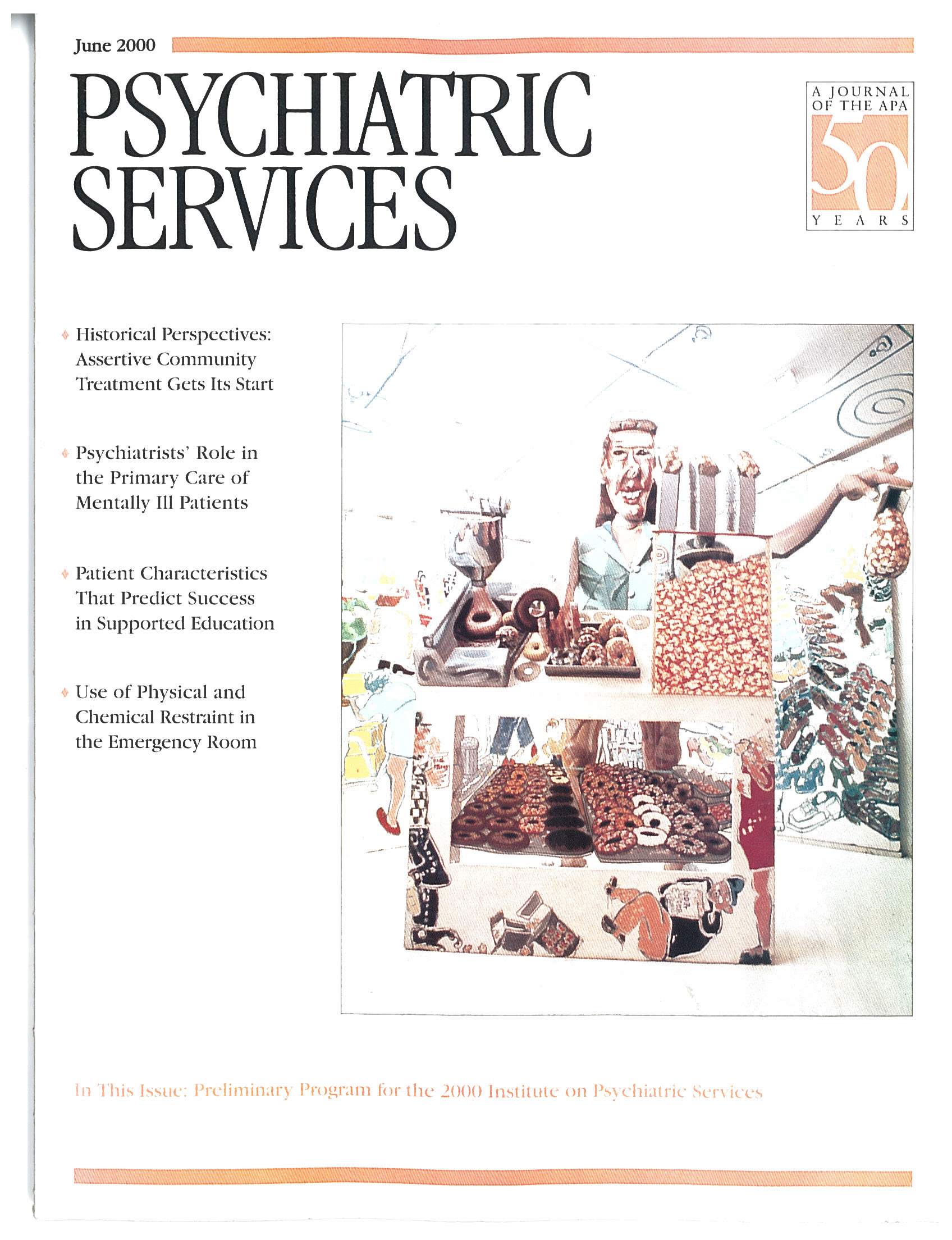Psychiatrists' Referrals to Self-Help Groups for People With Mood Disorders
Abstract
The study examined psychiatrists' referrals to and support for participation in self-help groups by people with mood disorders. Massachusetts and Michigan psychiatrists with a special interest in patients with mood disorders were surveyed; the 278 respondents represented a 78 percent response rate. About three-fourths of the psychiatrists reported that they made referrals to and felt knowledgeable about self-help groups. However, less than half had self-help literature available or discussed self-help groups with their patients. Beliefs that a patient would gain a better understanding of the illness and would receive support after an episode of illness were positively related to support for self-help. Beliefs that the program was inappropriate and that it lacked professional oversight were negatively related.



